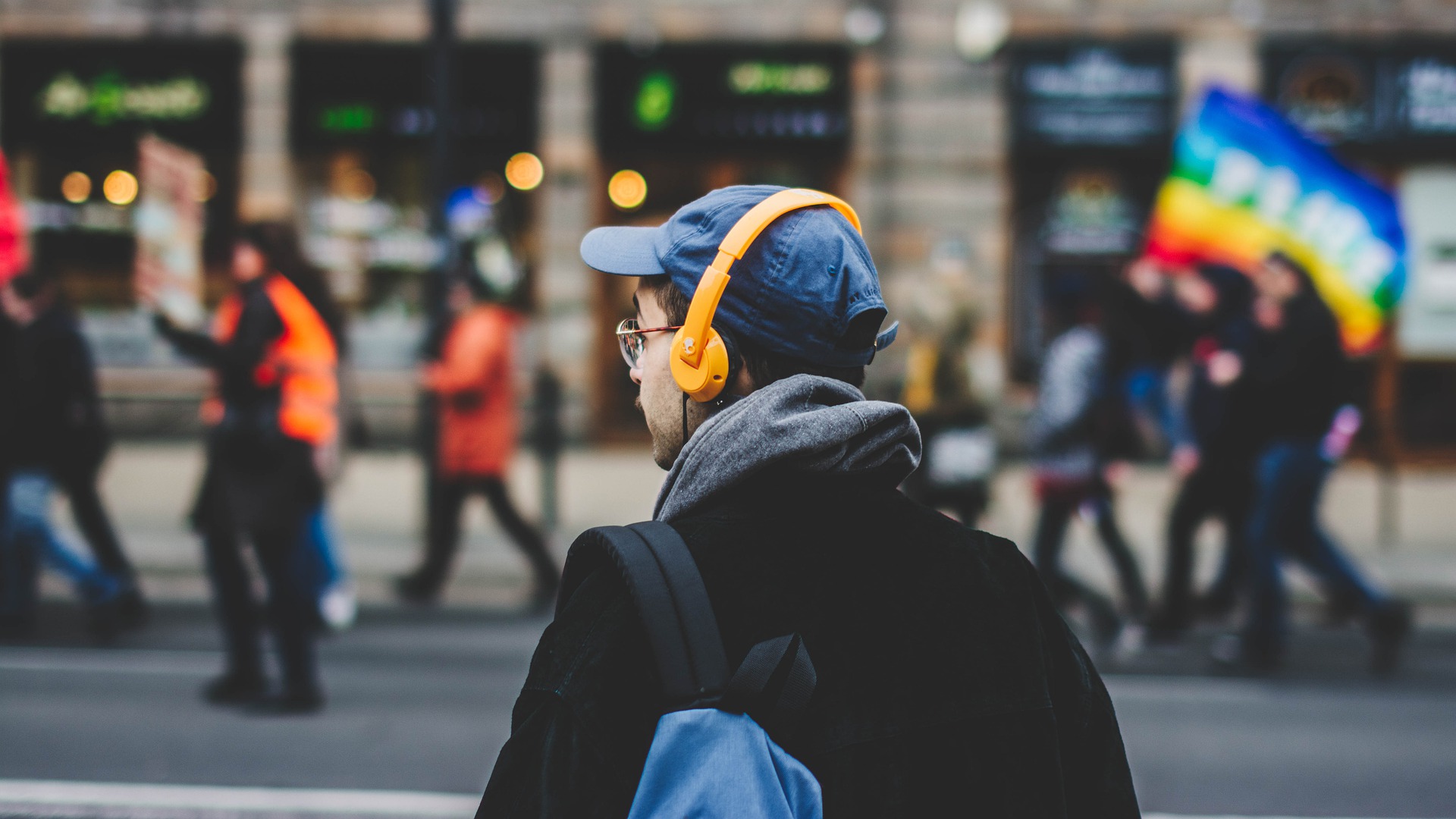News release
From:
CONVERSION PRACTICES: CLINICIAN AWARENESS AND TRAINING
RELIGIOUS LGBTQA+ conversion practices cause significant mental health harms and the health sector needs to recognise, support and respect survivors in ways that are affirming of sexual and gender diversity, say the authors of a Perspective published today by the Medical Journal of Australia.
Associate Professor Jennifer Power, Principal Research Fellow at the Australian Research Centre in Sex, Health and Society at La Trobe University, and colleagues wrote that research has shown that “conversion practices are poorly understood in Australia and that health workers would benefit from training to improve their care of survivors”.
Confusion may be the result of unclear definitions of conversion practices, they wrote.
“Until recently, it was common to refer to such practices as ‘conversion therapy’ or ‘reparative therapy’,” Power and colleagues wrote.
“The term ‘therapy’ implies formal therapeutic practices or interventions. This is one form of conversion practices, which may involve cognitive behavioural therapy, psychoanalytic treatment based on beliefs that homosexuality or gender diversity is the result of a disordered upbringing, aversion therapy aimed at cognitive or sensory retraining, hormonal therapy or use of natural medicines aimed at altering sexual attractions, structured faith-based programs that use prayer, or group-based treatment similar to 12-step programs.
“In Australia, conversion practices are most often unstructured and informal,” they wrote.
“This may include LGBTQA+ people being repeatedly told by friends, family or faith leaders and communities that they are in some way damaged but can be helped, fixed or saved. It may also involve informal discussions or pastoral care meetings set up to teach, encourage or support LGBTQA+ people to change or suppress their sexuality or gender identity or to conceal their gender.”
Lack of awareness of conversion practices among medical professionals can “make it difficult for survivors to access appropriate medical or psychological care”.
“Survivors themselves may not recognise, or have language to explain, their experiences,” wrote Power and colleagues.
“Mental health practitioners, or general practitioners conducting mental health assessments, may similarly find it difficult to recognise informal conversion practices as significant or related to a patient’s presenting symptoms of trauma.
“It is important for practitioners to validate sexual and gender diversity alongside spirituality and religion, as many survivors struggle to reconcile these two aspects of their life and identity in ways that do not undermine their sense of self or connection to others.”
Legislative changes which ban conversion practices must be partnered by a “comprehensive civil response”.
“Training for medical and mental health practitioners will be important given that increased public attention on these issues will likely lead more survivors to seek support … [including] provision of more information for members about the scope and nature of conversion practices and ideology, details of appropriate referral pathways, and support for training.
“As evidence and understanding of these harms increase and governments enact responses, there is a need for the health sector to be engaged with these issues so that practitioners are appropriately prepared to recognise, support and respect survivors in ways that are affirming of sexual and gender diversity,” Power and colleagues concluded.
All MJA media releases are open access and can be found at: https://www.mja.com.au/journal/media
Please remember to credit The MJA.
The Medical Journal of Australia is a publication of the Australian Medical Association.
The statements or opinions that are expressed in the MJA reflect the views of the authors and do not represent the official policy of the AMA or the MJA unless that is so stated



 Australia; NSW; VIC
Australia; NSW; VIC



